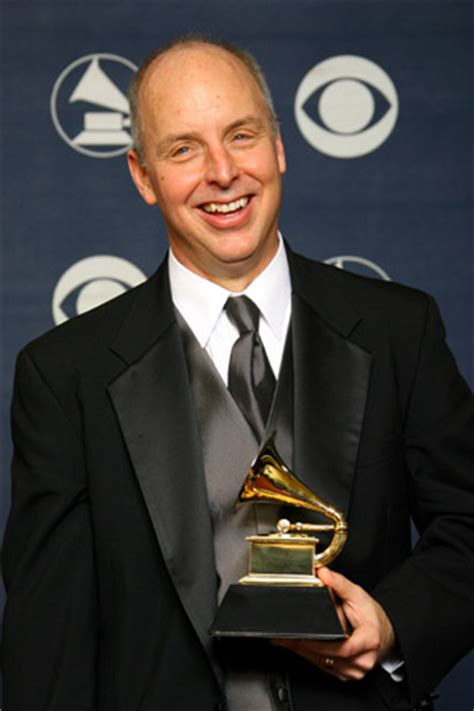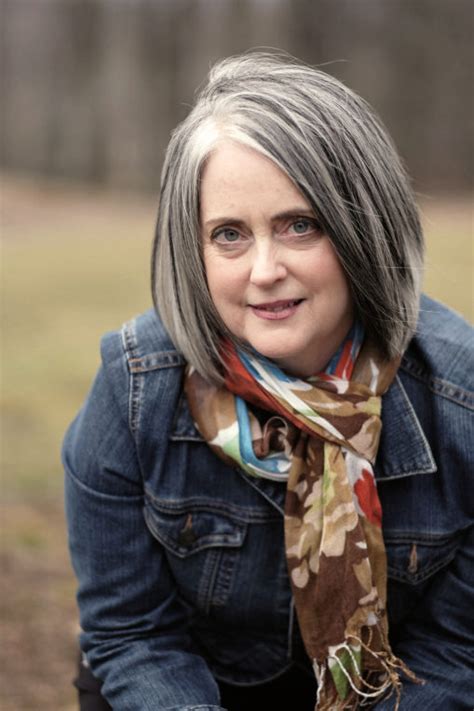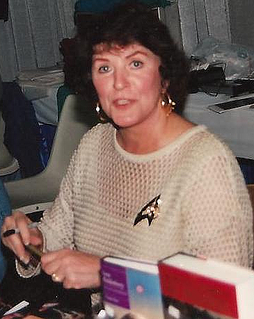A Quote by Kate Forsyth
Sanitising stories, leaching out all of the sense of danger and the darkness out of the stories, actually reduces them and stops them from doing what they're supposed to do, which is teach us how to manage our lives.
Related Quotes
We read novels because we need stories; we crave them; we can’t live without telling them and hearing them. Stories are how we make sense of our lives and of the world. When we’re distressed and go to therapy, our therapist’s job is to help us tell our story. Life doesn’t come with plots; it’s messy and chaotic; life is one damn, inexplicable thing after another. And we can’t have that. We insist on meaning. And so we tell stories so that our lives make sense.
We are shaped by stories from the first moments of life, and even before. Stories tell us who we are, why we are here, and what will become of us. Whenever humans try to make sense of their experience, they create a story, and we use those stories to answer all the big questions of life. The stories come from everywhere--from family, church, school, and the culture at large. They so surround and inhabit us that we often don't recognize that they are stories at all, breathing them in and out as a fish breathes water.
What does it matter, if we tell the same old stories? ...Stories tell us who we are. What we’re capable of. When we go out looking for stories we are, I think, in many ways going in search of ourselves, trying to find understanding of our lives, and the people around us. Stories, and language tell us what’s important.
So I found myself telling my own stories. It was strange: as I did it I realised how much we get shaped by our stories. It's like the stories of our lives make us the people we are. If someone had no stories, they wouldn't be human, wouldn't exist. And if my stories had been different I wouldn't be the person I am.
We don't think much about how our love stories will affect the world, but they do. Children learn what's worth living for and what's worth dying for by the stories they watch us live. I want to teach our children how to get scary close, and more, how to be brave. I want to teach them that love is worth what it costs.
We live in a world where bad stories are told, stories that teach us life doesn't mean anything and that humanity has no great purpose. It's a good calling, then, to speak a better story. How brightly a better story shines. How easily the world looks to it in wonder. How grateful we are to hear these stories, and how happy it makes us to repeat them.
The Nigerian storyteller Ben Okri says that ‘In a fractured age, when cynicism is god, here is a possible heresy: we live by stories, we also live in them. One way or another we are living the stories planted in us early or along the way, or we are also living the stories we planted — knowingly or unknowingly — in ourselves. We live stories that either give our lives meaning or negate it with meaninglessness. If we change the stories we live by, quite possibly we change our lives.’
Our stories are not meant for everyone. Hearing them is a privilege, and we should always ask ourselves this before we share: "Who has earned the right to hear my story?" If we have one or two people in our lives who can sit with us and hold space for our shame stories, and love us for our strengths and struggles, we are incredibly lucky. If we have a friend, or small group of friends, or family who embraces our imperfections, vulnerabilities, and power, and fills us with a sense of belonging, we are incredibly lucky.

































